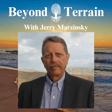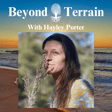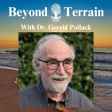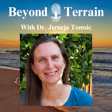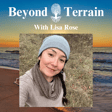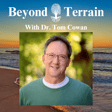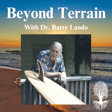
Brian Sanders on Ancestral Health, Food Lies, Bridging the Modern and Natural Worlds, Blue Zones, and More!
This week, we are excited to welcome Brian Sanders to the show. Brian and I share a similar perspective on health, particularly our appreciation for insights gained from studying primitive ways of life. He is deeply inspired by paleoanthropological research, which has shaped his understanding of human health and nutrition.
In this episode, we delve into several fascinating topics, including the challenges within the food industry, how to access healthy food, and identifying truly nutritious food sources. Unsurprisingly, we emphasized the importance of a nose-to-tail approach to eating.
We also discussed the structural issues plaguing modern agriculture and how these connect to both the pharmaceutical industry and government policies. Additionally, we explored various diets and their broader implications for health.
Brian shared his firsthand experiences with primitive tribes and the invaluable lessons he’s learned from them. We also addressed the popular concept of Blue Zones, shedding light on some of their flaws and misconceptions.
I hope you enjoy the episode!
Keep up with me (socials)
https://www.instagram.com/beyond.terrain/
https://linktr.ee/beyondterrain
Our vision at Beyond Terrain is best supported by sharing our work!
To go above and beyond:
BCH: bitcoincash:qq7eq276ylanluc5e39unrqshkvs9xsemg07yxezf7
ETH: beyondterrain.eth
BTC: bc1qqwc470ktgj3l4myqxr5hq67rnlqys0qm98u6f0
Learn more from and support our esteemed guest, Mr. Brian Sanders
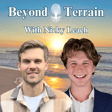
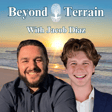
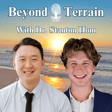
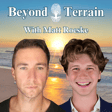
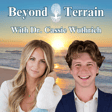
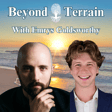
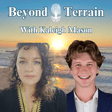
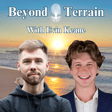
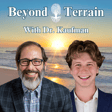
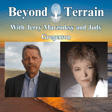
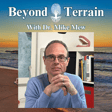
![DNA Doesn't Exist & Genomic Nonsense with Dr. Jerneja Tomsic [Part 2] image](https://media.zencastr.com/cdn-cgi/image/width=112,quality=85/image-files/652933f3a749dc383eb375de/ce5a5fd9-98c9-44fe-9b4b-3d0cd5abcf29.png)
